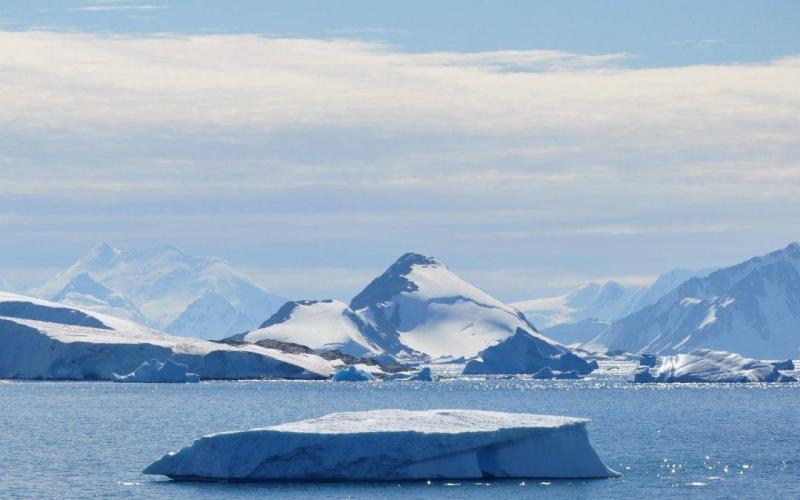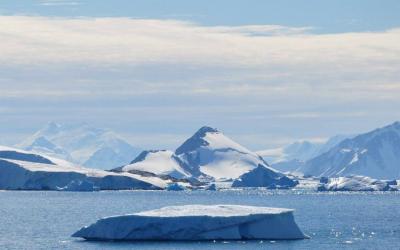A new study has revealed that the increasing melting of Antarctic ice is slowing the flow of water through the world's oceans, which could have catastrophic effects on global climate, marine food chains, and even the stability of ice shelves. The "conveyor belt" of the oceans, driven by denser water moving to the ocean floor, plays a crucial role in distributing heat, carbon, oxygen, and essential nutrients around the globe. However, deep ocean water flows from Antarctica may decline by 40% by 2050, according to a study published today in the journal Nature.
Climate specialist Alan Mix from Oregon State University stated, “It’s astonishing to see this happening so quickly.” Mix is a co-author of assessments by the Intergovernmental Panel on Climate Change (IPCC) but did not participate in this study. He added, “It seems to be starting right now. That’s the most important thing.”
With rising temperatures, freshwater from melting Antarctic ice is leaking into the oceans, reducing surface water salinity and density, and decreasing the downward flow to the ocean floor. While a previous study examined what might happen to similar currents in the North Atlantic, there have been fewer studies on the potential changes to the deep water cycle around Antarctica.
The previous study on North Atlantic waters explored the mechanism behind a doomsday scenario that could lead Europe to suffer from a polar vortex due to disrupted heat transport. Matthew England, an oceanographer at the University of New South Wales and a co-author of the study, said in a press release, “These are massive amounts of water... amounts from an ocean that has been stable for a long time.”
England explained that the impact of melting water on the global ocean cycle was not included in the complex models used by the IPCC to describe future climate change scenarios, but will be considered in the future. The study's findings also suggest that the ocean will not be able to absorb carbon dioxide as efficiently, due to changes in the properties and composition of the upper layers of water, which will leave a greater amount of carbon dioxide in the atmosphere.




